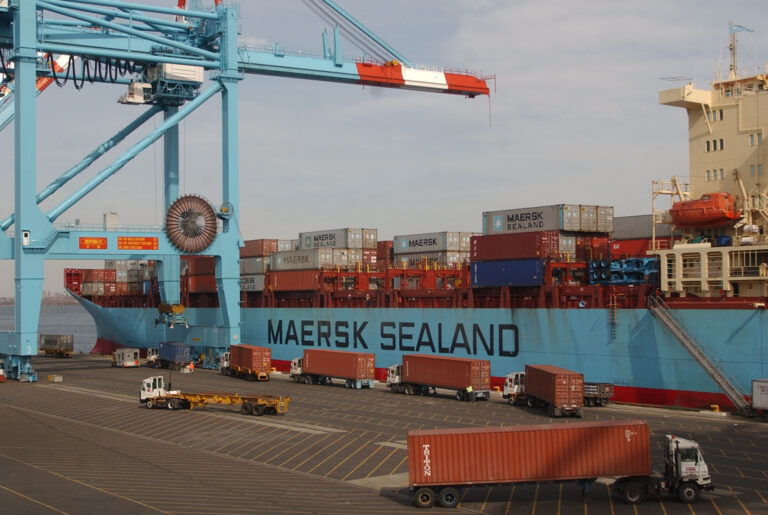BLOOMINGTON, Ind. — FTR’s Shippers Conditions Index (SCI) for May improved sharply to a reading of 5.6, nearly four points higher than the April reading.
Market conditions are the most favorable for shippers in years and are expected to continue in the current range for the remainder of 2019, according to Todd Tranausky, vice president of rail and intermodal at FTR.
The principal strength is continued softening of truckload and intermodal rates with rail stabilizing, he said, adding that fuel prices may put some pressure on shipper costs because of the recent rise in crude prices; however, those increases appeared to level off at under $60 a barrel.
“Softness in freight volumes combined with more abundant capacity in the truckload market than was present last year have made it a good time to be a shipper,” Tranausky said. “Sustained weakness in freight volumes through the summer suggest the positive results for shippers could continue for much of the rest of 2019.”
The July issue of FTR’s Shippers Update, published July 8, 2019, details the factors affecting the May Shippers Conditions Index. Also included is data and analysis on load volumes, the capacity environment, rates, costs, and the truck driver situation.
The Shippers Conditions Index tracks the changes representing four major conditions in the U.S. full-load freight market. These conditions are: freight demand, freight rates, fleet capacity, and fuel price. The individual metrics are combined into a single index that tracks the market conditions that influence the shippers’ freight transport environment. A positive score represents good, optimistic conditions. A negative score represents bad, pessimistic conditions. The index tells you the industry’s health at a glance. In life, running a fever is an indication of a health problem. It may not tell you exactly what’s wrong, but it alerts you to look deeper. Similarly, a reading well below zero on the FTR Trucking Conditions Index warns you of a problem…and readings high above zero spell opportunity. Readings near zero are consistent with a neutral operating environment. Double digit readings (both up or down) are warning signs for significant operating changes.
For more information about FTR, visit www.ftrintel.com.
The Trucker News Staff produces engaging content for not only TheTrucker.com, but also The Trucker Newspaper, which has been serving the trucking industry for more than 30 years. With a focus on drivers, the Trucker News Staff aims to provide relevant, objective content pertaining to the trucking segment of the transportation industry. The Trucker News Staff is based in Little Rock, Arkansas.








